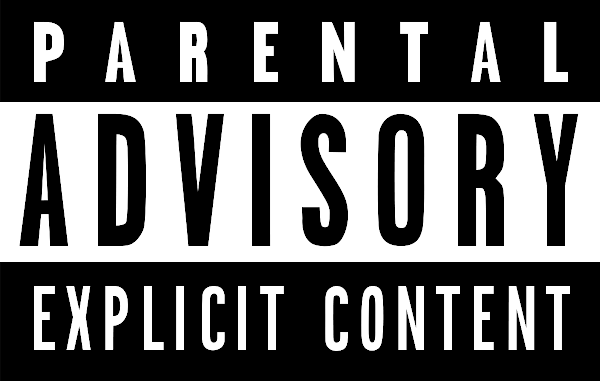Examining the Implications of Louisiana Senate Bill 7 on Children's Library Access
#LibraryAccess #ChildRights #Censorship #LGBTQ+ #SenateBill7 #ChildrensLiterature
Abstract:
This article analyzes the recently approved Senate Bill 7 in Louisiana, which proposes restricting children's access to certain library materials. The article explores the bill's implications, the context in which it arose, and potential consequences, particularly for young LGBTQ+ readers. The aim is to foster a nuanced understanding of this legislative development among library professionals.
Introduction:
The Louisiana Senate recently approved Senate Bill 7, legislation that aims to reshape children's access to library materials in the state. The bill, introduced by Sen. Heather Cloud, mandates a card system enabling parents to restrict their children from accessing inappropriate books. This article critically examines the implications of this bill for libraries and their young patrons.
Context:
The proposed legislation emerges amidst ongoing disputes in parish library systems. Conservative activists have been pushing for restrictions on children's access to certain materials, primarily those touching on LGBTQ+ themes.
This has sparked a heated debate about the role of libraries in providing access to diverse perspectives and the importance of protecting intellectual freedom. The proposed legislation seeks to address these concerns by establishing guidelines for library collections and ensuring that all materials are age-appropriate.
While some have criticized the legislation as an infringement on free speech, others see it as a necessary step toward creating a safe and inclusive environment for all library patrons.
Such attempts at censorship are becoming increasingly common across the United States. These actions raise essential questions about freedom of information, intellectual freedom, and the role of libraries in fostering inclusive learning environments.
We must address these issues and create a society that values open access to information and diverse perspectives.
Libraries play a vital role in this effort, allowing individuals to explore new ideas and engage in critical thinking. By protecting intellectual freedom and promoting inclusivity, libraries can ensure everyone can access the knowledge and resources needed to succeed.
Problem Statement:
This bill aims to ensure parental control over children's reading materials. However, it could limit access to diverse narratives and perspectives. This may inadvertently promote censorship and undermine the educational role of libraries. Balancing parental control and access to diverse reading materials is essential to ensure children receive a well-rounded education.
Understanding the potential impact on children, particularly those who identify as LGBTQ+. It is essential to consider these children's unique challenges and experiences and ensure they are supported and protected. By taking the time to understand and address these issues, we can create a more inclusive and equitable society for all children.
Discussion:
The bill passed without any objections raised on the Senate floor has sparked concerns among critics who fear it could have unintended consequences.
For instance, Peyton Rose Michelle, executive director of Louisiana Trans Advocates, has voiced concerns that the bill may restrict access for young LGBTQ+ readers to materials that resonate with their experiences. This raises the question of whose interests are served by such legislation and whose voices are silenced.
Moreover, the way this bill was passed – with no dissent from the senators – raises further questions about the democratic process and its ability to represent diverse interests. Finally, the absence of debate on such a consequential bill represents a missed opportunity for dialogue, reflection, and potential compromise.
The role of libraries as inclusive spaces that celebrate diversity and foster understanding is at stake. Libraries provide a platform for all voices, including those often marginalized or underrepresented. Measures that limit access to certain materials risk undermining this crucial role.
Conclusion:
As librarians, we must remain informed about legislative changes that could impact our institutions and communities. For example, Senate Bill 7, while seemingly protective, may have far-reaching consequences for the intellectual freedom of young readers and the democratic values our libraries uphold. Therefore, we must engage in dialogue about legislation that affects libraries.
We must advocate for libraries as inclusivity, diversity, and intellectual freedom spaces. Libraries provide all community members access to information and resources, regardless of their background or beliefs. By promoting these values, we can ensure that libraries continue to serve as important institutions that enrich our society.
References:
Hutchinson, P. (2023, May 15). Louisiana Senate approves restrictions on children's library access. Louisiana Illuminator. Retrieved from https://lailluminator.com/2023/05/15/louisiana-senate-approves-restrictions-on-childrens-library-access


No comments:
Post a Comment
Note: Only a member of this blog may post a comment.